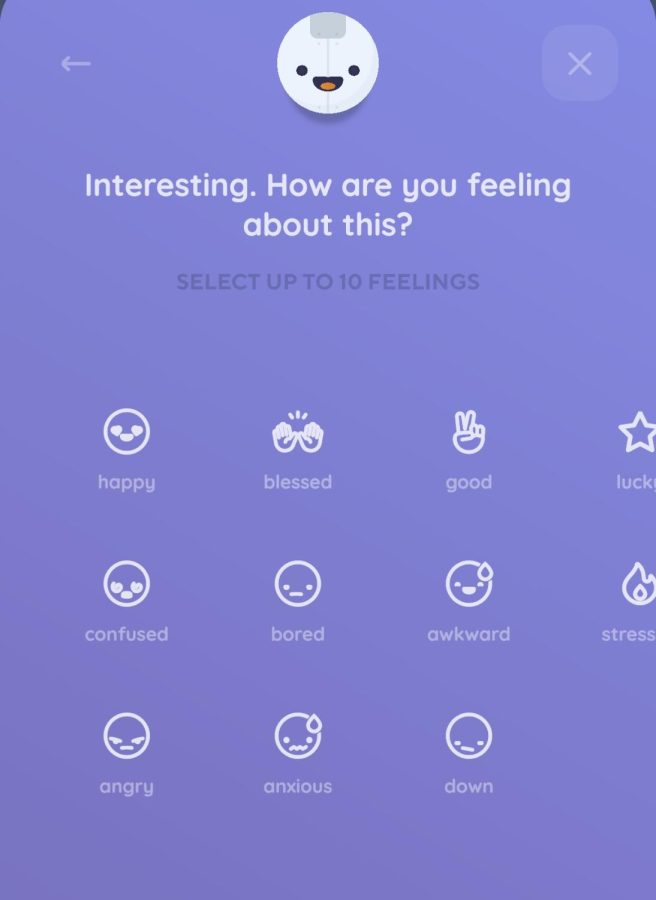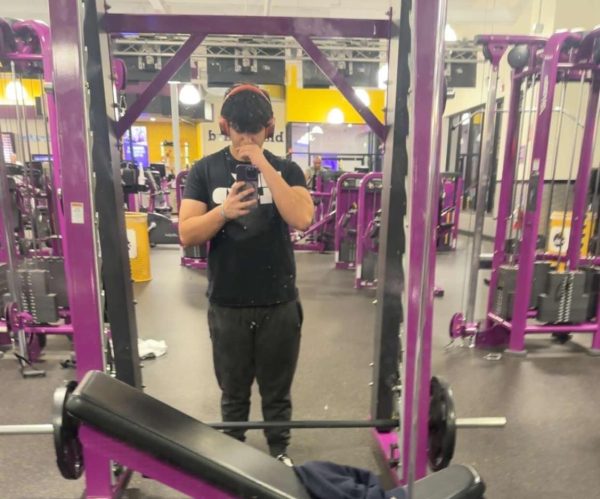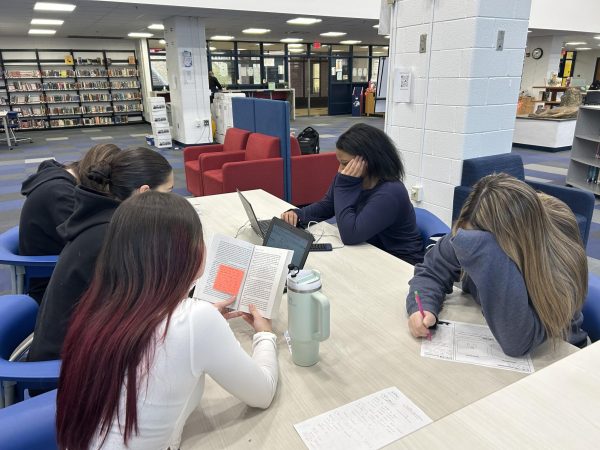How Healthy Coping Changes Lives
Reflectly: Mood tracker app: Reflectly asks about how people are feeling on a daily basis.
After psychiatric hospitalization for mentally ill patients, readjusting to home life is a big change. Following up with healthy coping mechanisms is important. Without the care of social workers, people learn to take care of themselves while adjusting to life outside the hospital.
MJ, a psychiatric hospital worker who must remain anonymous, says “Coping mechanisms lead to better outcomes for what we want for them, which is happy, healthy lives where they’re engaged in activities or whatever it is that they would like.”
He further explains that patients are often given a paper with different ways to cope in case they are feeling stressed or anxious, but sometimes they forget about the paper and readmit themselves to the hospital.
According to Psychreg, a website telling mental health stories, it states, “It is important that you are realistic about your recovery, understand that you are on a journey, and discharge doesn’t mean cured, be open and honest with your supports about your situation, ready to ask for additional help or cheering on, and allow yourself time to heal.”
The article further states how this period of recovery is often different from recovering in the hospital and requires greater skill and support with motivation from oneself.
When people grow up in stressful environments, the sympathetic nervous system is triggered. This is part of the body’s flight or fight response, and the over-stimulation can lead to increased agitation/irritability and anxiety. However, when the parasympathetic nervous system is triggered with mindfulness techniques, people are able to be more relaxed.
Foran Junior Venice Montanaro uses many coping strategies to keep herself calm throughout the day.
Montanaro states “Every morning I have 10 minutes out of my day where I have time for me where I do 5-minute meditation and 5-minute yoga. The meditation helps my mind to calm down and the yoga helps because at night I dance so my body is sore.”
Montanaro further emphasizes on how she takes deep breaths to prevent stress, especially with many things to worry about such as dance, school, and AP classes.
Finding herself scrolling through social media without getting anything done, she got upset over a lack of productivity, and set time limits and notifications off social media to be more productive.
Finding new ways to reduce stress, Montanaro states “I get less anxious and when I have a lot of emotions it can help me calm down quicker and I can be more patient and handle bigger problems.”
Coping strategies include reading a book, watching TV, or talking with friends. Another way to cope is using cathartic (releasing emotions). This can be done by painting, exercise, or journaling. Nevertheless, it is ideal to keep a balance of both distractions and cathartic strategies.
With healthy ways to deal with stress in people’s everyday lives, they are able to become relaxed in problematic situations and make better decisions. This improves how someone views themselves and what they go through.
Your donation will support the student journalists of Foran High School. Your contribution will allow us to purchase equipment and cover our annual website hosting costs.

Hi, my name is Elizabeth Tran and I’m a senior taking Journalism 3. I am involved in many clubs such as FBLA, Interact Club, and plan on doing powderpuff...







